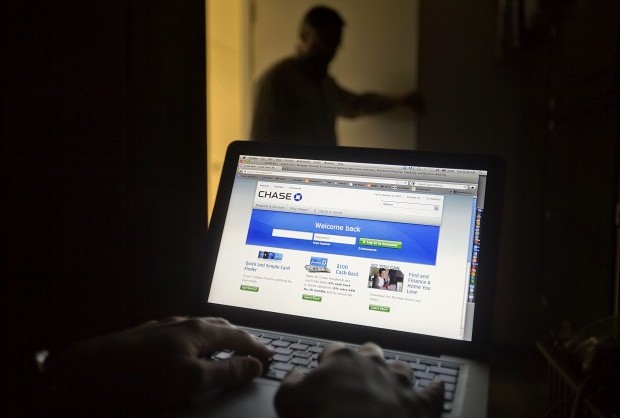Without Twitter or YouTube, how many supporters would the Islamic State of Iraq and Syria (ISIS) or Al-Qaeda have?
These, and other, social media and video-sharing websites have made it easy for criminals and extremists to contact and interact with the general public across the globe. This is something that is taking place under the pretext of freedom of expression and access to information and away from the prying eyes of police and law-enforcement agencies.
The West has already imposed restrictions on social media websites, so why hasn’t the Arab world—which is also being targeted by extremists and terrorists—done the same?
During a recent meeting with Arab counterparts, Saudi Minister of Culture and Information Abdulaziz Al-Khudairi called on Twitter users in the Arab world to think not once, but twice, before posting anything on the internet. He said that every internet user must be careful not to commit any acts of criminality and that everybody must be held responsible for their actions in this regard.
“I think we are responsible before God and every citizen in this country to put regulations in place that limit violations and abuses such as this in the coming days,” he was quoted as saying by Al Eqtisadiah newspaper.
We all hope that justice and reason prevails but reality is different from wishful thinking. Twitter, in the way that it is being used by ISIS and its ilk, has become something of a poisoned chalice.
As for imposing control and restrictions, some form of this is already in place. In Saudi Arabia, the Ministry of Culture and Information is the government body that is responsible for monitoring what happens online. There is also a set of rules regulating cyber activity in the Kingdom. In addition to all this, there is a judicial authority that is responsible for dealing with transgressions on social media platforms: The General Commission for Audiovisual Media.
So, laws, legal powers and judicial legitimacy are all in place and available to the ministry but what remains is the strict implementation of these rules and regulations in a realistic manner, away from wishful thinking.
Social media websites have become an ongoing threat to peace in all countries around the world. The reason for this glaring fact is the idealistic tendency to sing the praises of the value of absolute freedom, without giving any consideration to the fact that some peoples’ hearts harbor evil tendencies that must be protected against.
After the recent terrorist attacks in France, French Prime Minister Manuel Valls announced a series of security measures, including calling on the interior ministry to submit proposals regarding increasing monitoring of social media networks.
Meanwhile, Europol director Rob Wainwright told British MPs that approximately 5,000 EU nationals have joined ISIS, calling for stronger monitoring of social networks and governments and internet providers to cooperate more.
In October 2014, the US called on its allies in the war on ISIS to counter the group’s propaganda through social media.
Later in December 2014, Saudi Interior ministry spokesman Maj. Gen. Mansour Al-Turki revealed that the terrorists who shot a Danish national in Riyadh had first met each other via Twitter. He stressed that the “deviant group” does not miss any opportunity to exploit social media for their own ends.
Laws are made to deal with practical concerns. When disputes and problems arise, whatever they may be, laws are enacted to address and regulate the situation.
So has the time now come for a binding international agreement on dealing with all types of crime on social media, just as the case with the war on drugs?
